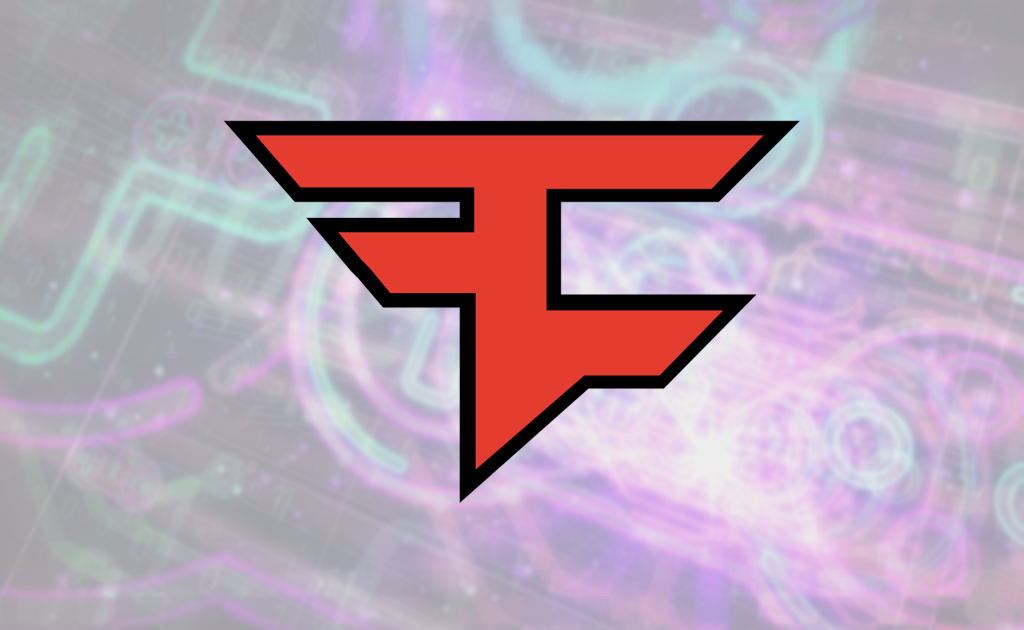
North American esports and lifestyle company FaZe Clan released its Q3 earnings report after market close yesterday.
The earnings report included a year-on-year increase in sales of 12%, and an increase in gross profit of 8.2% to $3.5m (~£2.95m) compared to last year’s Q3. However, it still reported an adjusted EBITDA loss of $12m (~£10m).
FaZe attributed the EBITDA (Adjusted Earnings Before Interest, Taxes, Depreciation, and Amortization) loss, which is up from $7.5m (~£6.3m) in Q3 2021, to employee hiring and public company-related expenses.
Profits were buoyed by an increase in higher-margin business lines. This quarter, FaZe began a partnership with internet service provider Xfinity, and started a relationship with metaverse company The Sandbox. It also renewed its partnership agreement with McDonald’s in August.
FaZe Clan continues to increase its operational expenses, which now total $18.4m (~£15.51m.) The rise was partly due to the team bringing on its twelfth esports roster, for Apex Legends.
One day before reporting its Q3 results, the organisation announced it had parted ways with Chief Strategy Officer Kai Henry. The ex-music producer had worked at FaZe for two years, forging external relationships with partners and managing existing collaborations.
No further information was given for the departure, but a Form 8-K filing claimed he left ‘voluntarily’. The Fudge Retort has reported that two other marketing executives left the company between July-October.
The quarterly filing is FaZe’s second as a public company listed on the US’ NASDAQ exchange. Since merging with its SPAC in July, the company’s share price endured months of heavy fluctuation until the beginning of October, when it began to stabilise.
Its current price in post-market trading sits at $2.74 (~£2.31) a share, just over a quarter of the company’s listing price in summer this year.
The fluctuation and eventual stock price decrease are relatively common to post-listing SPACs, although FaZe likely attracted more scrutiny than most from investors due to its privileged status as the first large publicly-listed esports organisation.
Lee Trink, Chief Executive Officer of FaZe Clan, commented: “Becoming a public company was the catalytic event we expected it to be and more, driving momentum with potential partners and in new business opportunities.
“We believe we sit at the forefront of enabling the rise of a new generation of creators in an entertainment world where Gen Z is assuming primary economic and cultural influence.”
